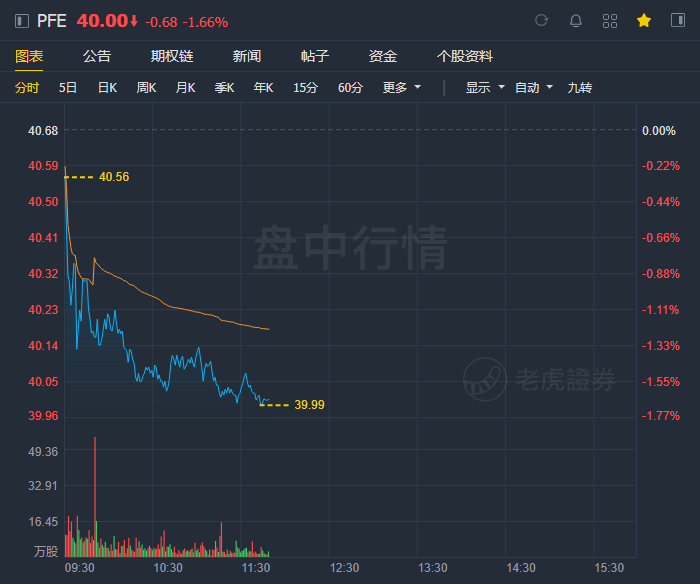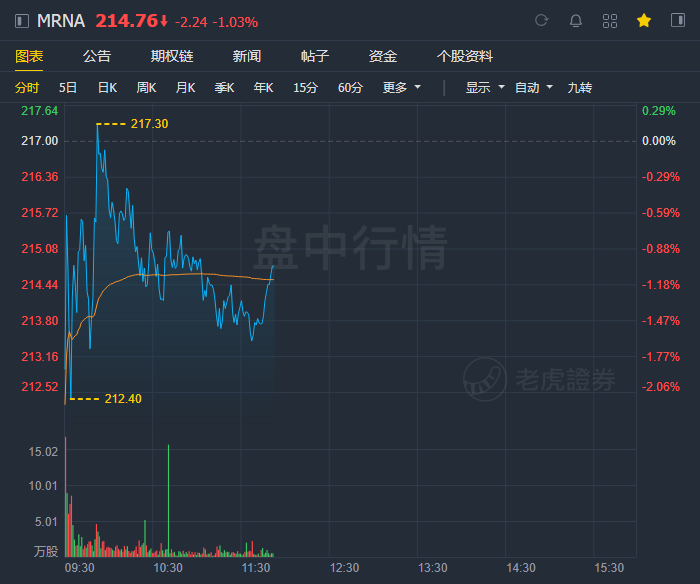The COVID-19 vaccine task force of the U.S. Centers for Disease Control and Prevention (CDC) stated that it has observed increased cases of heart inflammation in adolescents and younger adults, especially aged 12 to 24, following inoculation with authorized mRNA-based COVID-19 vaccines from Moderna MRNA, and Pfizer PFE/BioNTech BNTX.
Several hundreds of cases of myocarditis and pericarditis, both conditions of heart inflammation, were reported to the U.S. government’s VAERS (Vaccine Adverse Event Reporting System) following dose 1 of any mRNA-based vaccine in the last two months. Please note that VAERS is a national early warning system to detect possible safety problems in U.S. licensed vaccines. The number of cases increased further after the second dose of these vaccines. Moreover, the cases occurred in higher number of younger patients following dose 2 compared to dose 1. The CDC stated that similar inflammation cases were not reported following vaccination with J&J’s JNJ adenovirus-based COVID-19 vaccine.
Israeli Alarm
Per a Reuters report, the Israel’s Health Ministry raised the alarm when it reported a likely link of heart inflammation in young men vaccinated with Pfizer’s BNT162b earlier this month. Following this report, the CDC and health regulators in other countries started investigating such cases.
Although the number of reported cases is small compared to total inoculations with mRNA vaccines, they were higher than expected in the younger age groups.
CDC Meeting
We note that the CDC is yet to link these adverse events to mRNA vaccines and has scheduled a meeting of the Advisory Committee on Immunization Practices (ACIP) on Jun 18 to discuss and assess the heart inflammation reports. Moreover, the government authority has recommended continuation of vaccination for everyone of age 12 or older given the risk of COVID-19 illness and related complications.
However, we note that the CDC report also stated that more than 50% of heart inflammation cases were reported in the age group of 12-24 that has received only 8.8% of vaccine doses. This suggests that any adverse outcome from the ACIP meeting scheduled next week can hamper vaccination with mRNA vaccines in the adolescent patient group, and hurt prospects of these vaccine developers. However, the percentage of inflammation cases suggests that the risk from these vaccines is significantly lower than their benefits. A CDC study claims that these vaccines are 91% effective. Moreover, most patients facing inflammation issues quickly felt better following medication and rest.
mRNA Vaccine Updates
We remind investors that Pfizer/BioNTech’s COVID-19 vaccine received authorization for emergency use in adolescents last month from the FDA. Moderna filed for a similar authorization in the United States, Europe and Canada earlier this month.
Meanwhile, Pfizer and BioNTech have pledged two billion doses of their COVID-19 vaccines to ensure equitable access to their vaccines globally. As part of the pledge, the company plans to supply 200 million doses in 2021 and 300 million doses in the first half of 2022 to the U.S. government at not-for-profit price. The government will donate these doses to low- and lower middle-income countries and organizations that support them.
While Moderna and Pfizer carry a Zacks Rank #3 (Hold), BioNTech sports a Zacks Rank of 1 (Strong Buy).
Pfizer, Moderna fell over 1% in morning trading.



